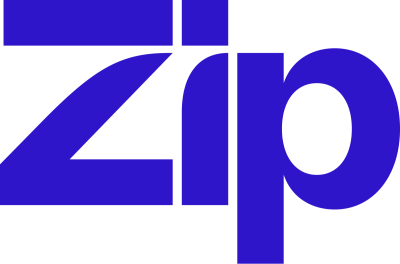Here’s How BP Is Partnering with Other Top Energy Companies to Create a Collaborative Approach to Human Rights Supplier Assessments

Human rights should be at the core of every company strategy. How we treat one another is so important and even more so in the world of business.
With stories of people being overworked and stress-related burnout hitting the headlines, not to mention the more severe human rights violations we read about from around the world, businesses with international supply chains must be diligent.
It’s no good priding your company on treating its employee’s right when you are happy to procure goods or services from companies which do not. International business is responsible for carefully vetting its supply chains for any evidence of human rights abuses.
To this end, BP has joined with other top energy suppliers to work together on a new standard in human rights supplier assessments.
Discover the latest trends in procurement at the ProcureCon Europe 2019 event.
You can download the agenda today to find out more!
Joint Engagement
The new partnership has been established between BP, Equinor, Shell and Total, and has a mission to create a collaborative approach to human rights supplier assessments for the whole energy industry and the benefit of workers and businesses around the globe.
The four partner companies came together after jointly recognising the importance of only working with suppliers who place a high value on human rights. BP, one of the biggest brands in the world, is able to set a precedent for all businesses across the globe with this new approach.
If other companies operating in procurement related arenas know that these companies aren’t willing to accept suppliers who disregard human rights, it will create a knock-on effect throughout the supply chain.
The first step in this new initiative is to work in line with the UN Guiding Principles on Business and Human Rights, including the fundamental conventions of the International Labour Organization, to draw up an industry framework of human rights supplier assessments which can make it a standard and streamlined process to make sure suppliers are doing their bit.
An independent third-party organisation will be responsible for collating these assessments and creating a database of their findings to make a one-stop resource, companies can use to check up on suppliers they are considering doing business with.
“We have been undertaking assessments at selected sites,” said Rita Griffin, Chief Operating Officer for Petrochemicals at BP, “We are using the findings from these assessments to help our contractors deepen their understanding of the risks to the workforce and improve their labour practices.”
“We are also using what we have learnt to inform how we can build labour rights and modern slavery risk prevention into our business processes to manage the risk more systematically across BP.”
The exact criteria and sharing mechanism for the human rights supplier assessments are currently a work in progress but will make it easier and more efficient for suppliers to demonstrate how they respect human rights and care for their people and help improve global working conditions for everyone.

BP’s expansive human rights policy
A focus on human rights has long been on BP’s agenda and the company has an expansive human rights policy which runs through everything it does – from its workforce to the companies it works within its supply chain.
- We conduct our business in a manner that respects the rights and dignity of all people, complying with all legal requirements
- We respect internationally recognized human rights, as set out in the International Bill of Human Rights and the International Labour Organization’s Declaration on Fundamental Principles and Rights at Work
- We recognize our responsibility to respect human rights and avoid complicity in human rights abuses, as stated in the UN Guiding Principles on Business and Human Rights
- We treat everyone who works for BP fairly and without discrimination. Our employees, agency staff and suppliers are entitled to work in an environment and under conditions that respect their rights and dignity
- We respect freedom of association. Where our employees wish to be represented by trade unions or works councils, we will cooperate in good faith with the bodies that our employees collectively choose to represent them within the appropriate national legal frameworks
- We respect the rights of people in communities impacted by our activities. We will seek to identify adverse human rights impacts and take appropriate steps to avoid, minimize and/or mitigate them
- We will seek to make contractual commitments with suppliers that encourage them to adhere to the same principles
These points, taken directly from BP’s own human rights policy, are the key factors which will be used to guide the creation of the new human rights supplier assessments. The challenge, therefore, is to restructure these points in a manner which can make them standard across all supply chain sectors.

Final Thoughts
Everyone has a vested interest in improving human rights in the workforce. By working with other industry giants, BP is helping to create a happier and more productive supply chain all over the world.
Human rights in the supply chain are set to be a hot topic at ProcureCon Europe, being held in October, in the NH Tower, Barcelona.
You can download the agenda today for more information and insights.









